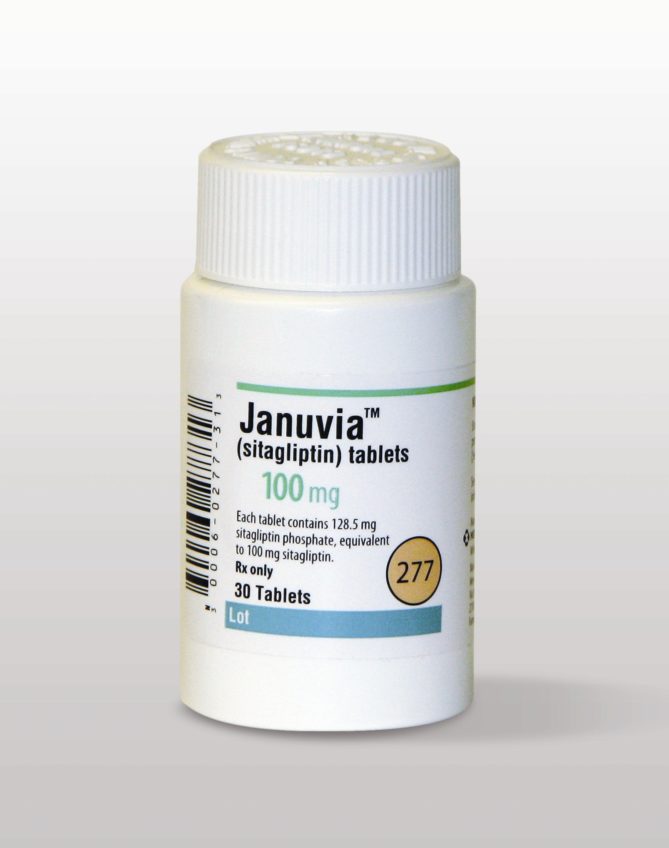Merck’s DPP-IV inhibitor Januvia is not associated with an increased risk for heart health when compared to a placebo, according to study data the drugmaker shared at the American Diabetes Association’s annual meeting. But MedPage Today noted that the results show the drug did not lower heart risks either. Leerink Partners analyst Seamus Fernandez wrote in a research note that the results provide a “compelling counter-detail opportunity” when selling against AstraZeneca’s Onglyza, a DPP-IV that is associated with an increased risk for heart failure.
Nasdaq temporarily halted trading Regeneron’s common stock on Tuesday while an FDA advisory panel reviews the experimental cholesterol-lowering PCSK9-inhibitor Praluent (alirocumab), the company said. Regeneron and its partner Sanofi are competing with Amgen to land first-in-class approval. The measure is not unusual: Nasdaq halted trading for Vertex last month when an FDA panel reviewed experimental cystic-fibrosis treatment Orkambi.
Sixteen Democratic lawmakers asked acting FDA Commissioner Dr. Stephen Ostroff to apply black-box warnings to immediate-release prescription opioids. The House Energy & Commerce Committee members said in their letter that death and addiction rates associated with prescription opioids warrant such a move. They also said it would be a commonsense measure because extended-release and long-acting prescription opioids already have this warning. Black-box warnings are for drugs the regulator determines have life-threatening side effects.
Former Genentech executive and Facebook CFO David Ebersman launched behavioral health start-up Lyra Health. MobiHealthNews reported that the firm plans to create technology that will identify patients with a high risk of behavioral health problems and match them with appropriate care. Lyra Health expects to work with employers and health plans.
The right language can determine if a patient takes an add-on medication as part of a diabetes regimen, according to an IntroDia study funded by Boehringer Ingelheim and Eli Lilly. Doctors who talked to patients about how a new medication would help control diabetes or asked patients if they had questions were more likely to have adherent patients than doctors who told patients poor self-care triggered the need for additional medication, according to the roughly 4,200 type-2 diabetes patients who participated in the study.







